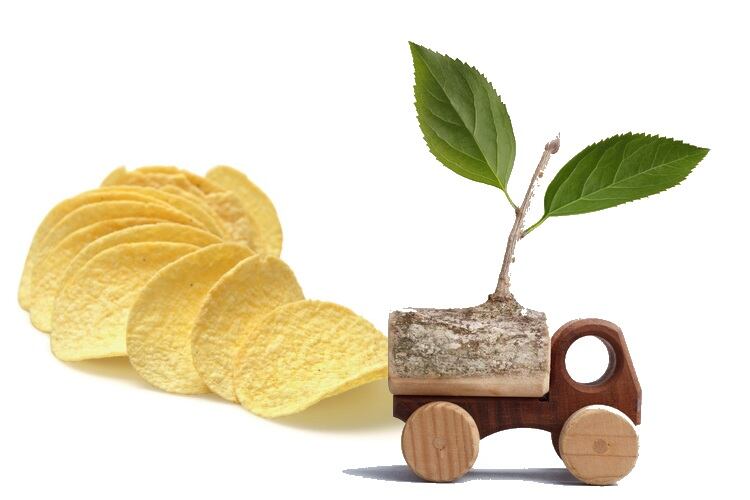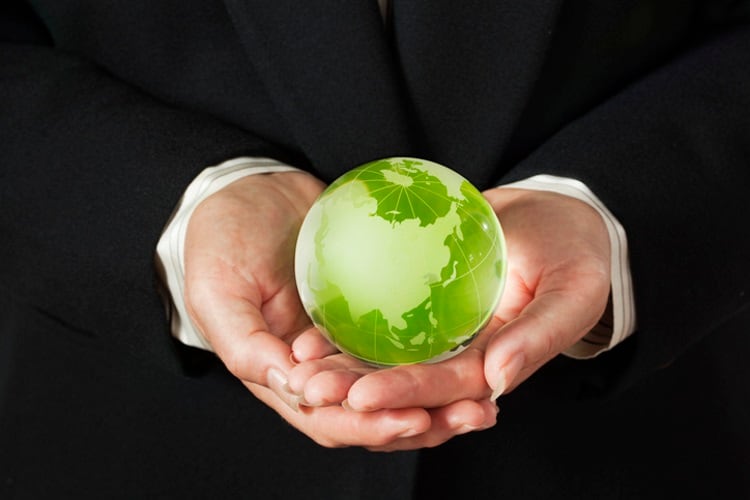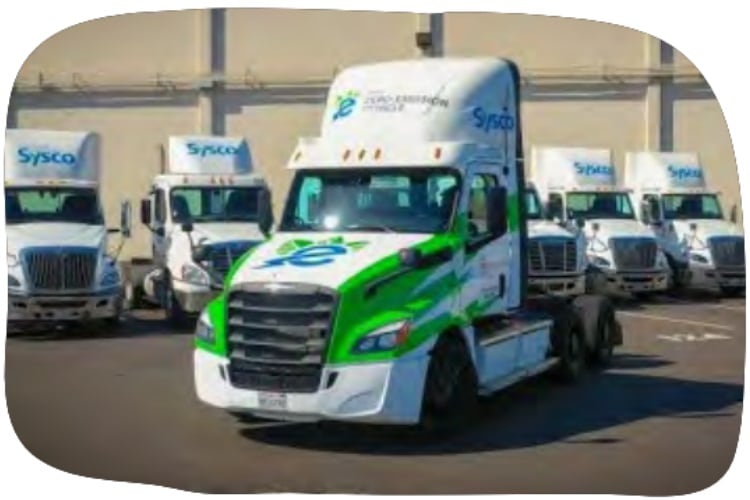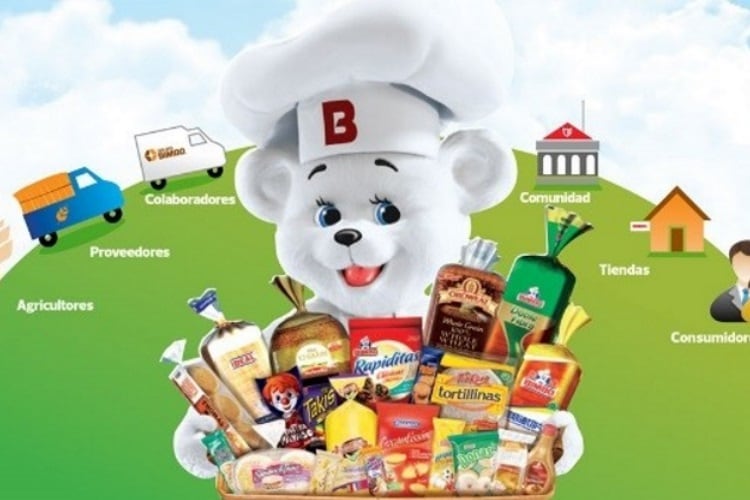The move is expected to result in an emissions reduction of more than 70% this year, versus carrying the same shipments on diesel trucks, which is the equivalent of eliminating more than 180,000 miles driven by gasoline-powered passenger vehicles from the road.
FNLA has more than 30 manufacturing facilities across the US and Canada, more than 200 distribution centres and services 315,000 retail customers per week through its direct-store-delivery model.
The delivery also established the division as PepsiCo’s first to contract transport on Schneider’s fleet of electric of Freightliner eCascadia trucks.
The provider of transportation, intermodal and logistics service provider is aiming to be North America’s largest provider of battery electric fleets, shooting for 92 eCascadias in its southern California operations by the end of 2023.
BEVs are a crucial component in Schneider’s efforts to reach its sustainability goals of reducing CO2 per-mile emissions by 7.5% by 2025 and 60% by 2035. Schneider has already achieved more than half of its 2025 goal by reducing per-mile emissions by 5%. Battery electric trucks will help move the company even further toward these goals.
Can’t do it alone
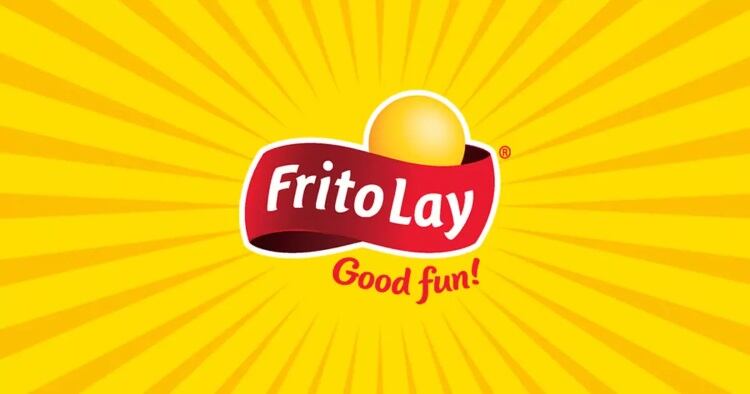
This is aligned to PepsiCo's net-zero 2040 goal. With third-party transportation and distribution forming 20% of the snacking giant’s emissions footprint, collaboration with partners from whom these emissions originate is also critical.
FLNA’s partnership with Schneider, therefore, lays important groundwork for an expansion of low- or zero-emissions vehicle use within its third-party transportation footprint.
“Today’s milestone shipment underscores the importance of cross-industry collaboration in building a more sustainable food system and achieving Frito-Lay and PepsiCo Positive’s goal of net-zero emissions by 2040,” said David Allen, VP and chief sustainability officer, PepsiCo Foods North America.
“As a company with massive scale, Frito-Lay looks for opportunities to create positive change – but we can’t do it alone.
“By working with Schneider, we are taking an important step forward in our efforts to reduce value chain emissions and move our snack products in a more sustainable way.”
That said, the division – best known as the maker of treats like Lay’s, Doritos, PopCorners, Chetose and SunChips – has also made significant advancements within its company-owned fleet. This includes the recent transformation of one of Frito-Lay's largest manufacturing facilities – located in Modesto, California – as the first to implement site-wide alternative fuel vehicles. It has also introduced 40 100% electric, zero-emissions route trucks in 2022 to serve the company’s hometown market of Dallas-Fort Worth.
Making a positive difference
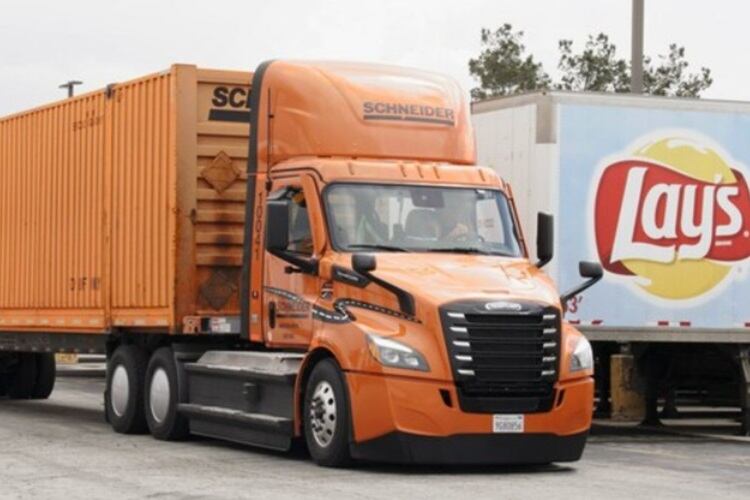
Schneider’s Freightliner eCascadias will initially handle intermodal inbound and outbound dray moves between the Southern California ports and Frito-Lay’s Rancho Cucamonga distribution centre.
“As we roll out our fleet of almost 100 new battery electric trucks, we’re thrilled to offer a cleaner mode of freight transportation to valued customers like Frito-Lay, who share our goal of operating in ways that are environmentally responsible,” said Rob Reich, executive VP and chief administrative officer, Schneider.
“For decades, we have been committed to improving sustainability at Schneider, and we’re proud to now be able to positively impact our customers’ operations as well.
“Working together, we are decreasing the carbon footprint of shipments in southern California and making a positive difference.”
The fleets of the future
Last month, the Biden administration gave California the green light to set rules to phase out the use of diesel trucks. The state’s Advanced Clean Trucks rule requires 75% of Class 4-8 truck sales to be zero-emission vehicles by 2035.
The authorisation from the Environmental Protection Agency (EPA), however, has elicited an outcry, with stakeholders claiming the state lacks the required infrastructure, calling instead for ‘a single, achievable national standard’.
Whatever the outcome though, EV trucking initiatives like these are likely to ramp up significantly.
With $6.6bn in annual revenue, Schneider has been investing in innovation for over 88 years. The company’s digital marketplace, FreightPower, is revolutionising the industry by giving shippers access to an expanded, highly flexible capacity network while providing carriers with unmatched access to quality drop-and-hook freight.


